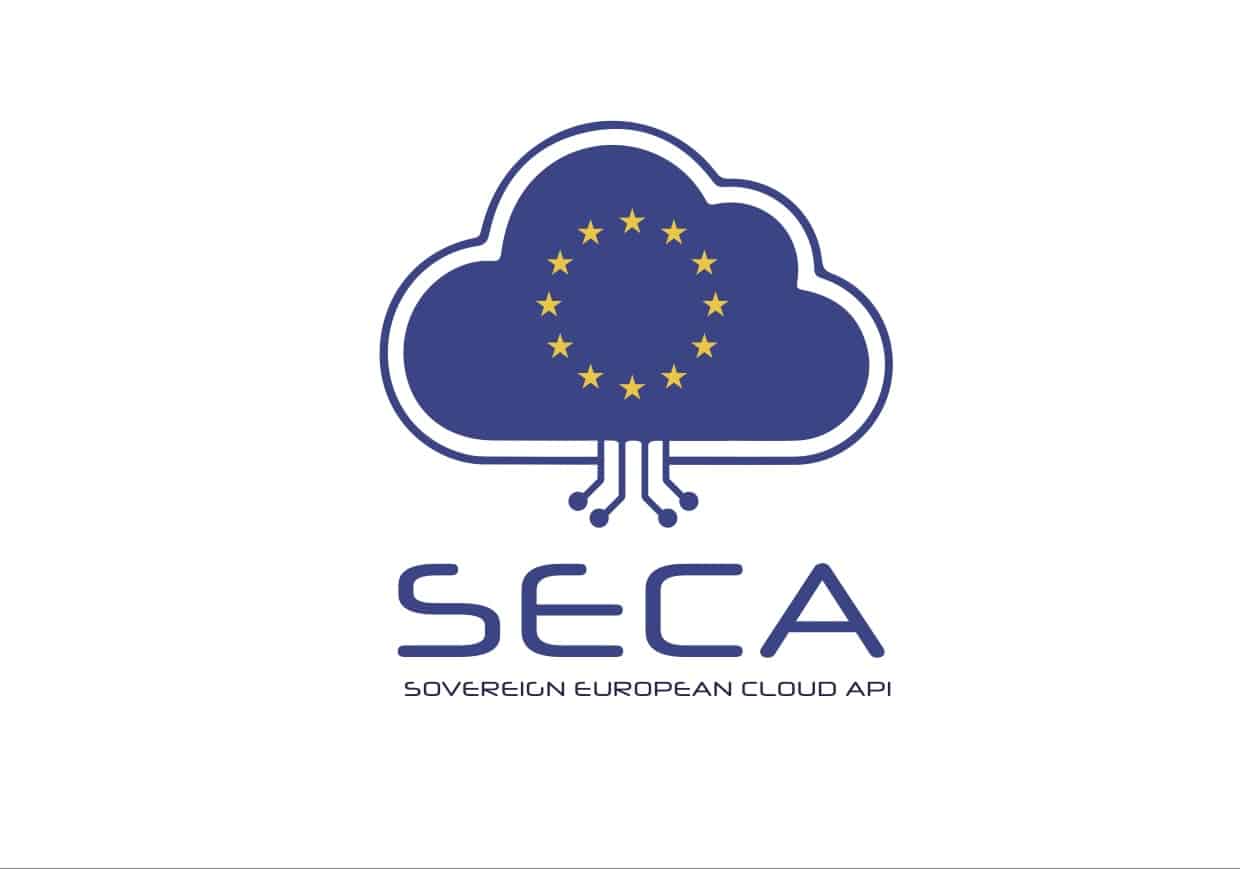IONOS, Aruba, and Dynamo Introduce a New Open Standard for Cloud Interoperability
In an effort to strengthen European digital sovereignty, leading cloud service providers across the continent have joined forces to launch SECA (Sovereign European Cloud API), a new open standard designed to ensure interoperability and technological independence for European businesses and public administrations. The initiative, spearheaded by IONOS, Aruba, and Dynamo, was announced during the Dynamo Cloud Business Forum in Milan, Italy, and represents a decisive step towards the consolidation of the EuroStack, Europe’s sovereign digital infrastructure.
A New Model for the European Cloud
The cloud market in Europe has experienced exponential growth in recent years, with a projected annual growth rate of 21.3% through 2030. However, European companies continue to rely heavily on American hyperscalers that dominate the sector due to their advantages in infrastructure, economies of scale, and lock-in effects. This dominance poses significant risks in terms of security, data control, and regulatory compliance, especially in light of foreign legislations such as the U.S. Cloud Act, which allows U.S. authorities to access data stored anywhere in the world by U.S.-based companies.
In this context, SECA emerges as an alternative to reduce dependence on external providers and strengthen the European digital ecosystem. Its purpose is to ensure secure, interoperable, and unrestricted access to cloud services that comply with the EU’s stringent regulations on privacy and security.
SECA: Interoperability and Digital Sovereignty
SECA offers a concrete solution to the interoperability challenges faced by European cloud providers. The API enables businesses and public entities to:
- Access a truly sovereign cloud ecosystem, based on European standards.
- Avoid vendor lock-in, ensuring flexibility to switch platforms without extra costs.
- Facilitate vendor comparison and testing, enhancing transparency in cloud service procurement.
- Optimize interoperability in multi-cloud environments, through agreed standards that allow for seamless application integration.
- Accelerate the adoption of new cloud services, with a standardized interface that reduces implementation complexity.
The first version of SECA is already available for free and without operational costs for all interested European cloud providers ready to adopt it.
Industry Leaders Support SECA
The launch of SECA has been met with enthusiasm from major players in the European tech sector. Achim Weiß, CEO of IONOS, emphasized the initiative’s importance for the digital autonomy of the continent:
“IONOS, as a leading digitalization partner in Europe, is committed to guaranteeing the digital independence of our businesses and citizens. Cloud computing and artificial intelligence are transforming the global economy, and Europe cannot be left behind. SECA is a key step towards building a secure, independent, and future-ready digital infrastructure that keeps Europe strong, competitive, and in control of its own technological destiny.”
Stefano Cecconi, CEO of Aruba S.p.A., highlighted the collaborative nature of the project:
“SECA is an industry-led initiative, and Aruba is proud to be part of it. The creation of these common APIs is a fundamental advancement for strengthening the cloud services ecosystem in Europe.”
Finally, Francesco Bonfiglio, CEO of Dynamo, underscored SECA’s role in consolidating digital sovereignty:
“Sovereign APIs like SECA set a de facto standard, driven by major European providers, to ensure uniform and secure access to the cloud. This initiative marks a milestone in Europe’s technological autonomy.”
EuroStack: The Future of Sovereign Cloud in Europe
SECA is a fundamental pillar within the EuroStack initiative, which seeks to develop a fully interoperable and foreign dependence-free European digital infrastructure. EuroStack aims to ensure privacy, security, and technological innovation, aligning with key regulations such as the General Data Protection Regulation (GDPR), the Digital Markets Act (DMA), and the Digital Services Act (DSA).
Moreover, with the European Data Act coming into effect in September 2025, the demand for control and sovereignty over data will grow significantly. In this context, SECA positions itself as a key tool for European companies and public administrations to manage and store their data securely and in compliance with community regulations.
An Open and Collaborative Ecosystem
One of the most important aspects of SECA is its open and inclusive approach. The API will not only be implemented by IONOS and Aruba, but it will also be available to any European cloud service provider, encouraging fair competition and innovation within the sector. The Dynamo platform will integrate SECA-based connectors to automate service provision and facilitate the adoption of the standard across the industry.
This collaborative model will allow each European operator to contribute their own technology and expertise, creating a distributed and accessible cloud services network across the European Union. With this approach, SECA not only strengthens Europe’s digital independence but also sets a precedent for future sovereign technological initiatives.
Conclusion
The launch of SECA marks a turning point in the cloud sector in Europe. With a focus on interoperability, security, and data control, this initiative led by IONOS, Aruba, and Dynamo seeks to build a strong, competitive European digital ecosystem, reducing dependence on foreign providers and ensuring the continent’s technological sovereignty.
As more stakeholders join in the adoption of SECA, Europe will be better positioned to compete in a global market dominated by hyperscalers, ensuring that its businesses, governments, and citizens can operate in a secure, transparent digital environment free from external constraints.

